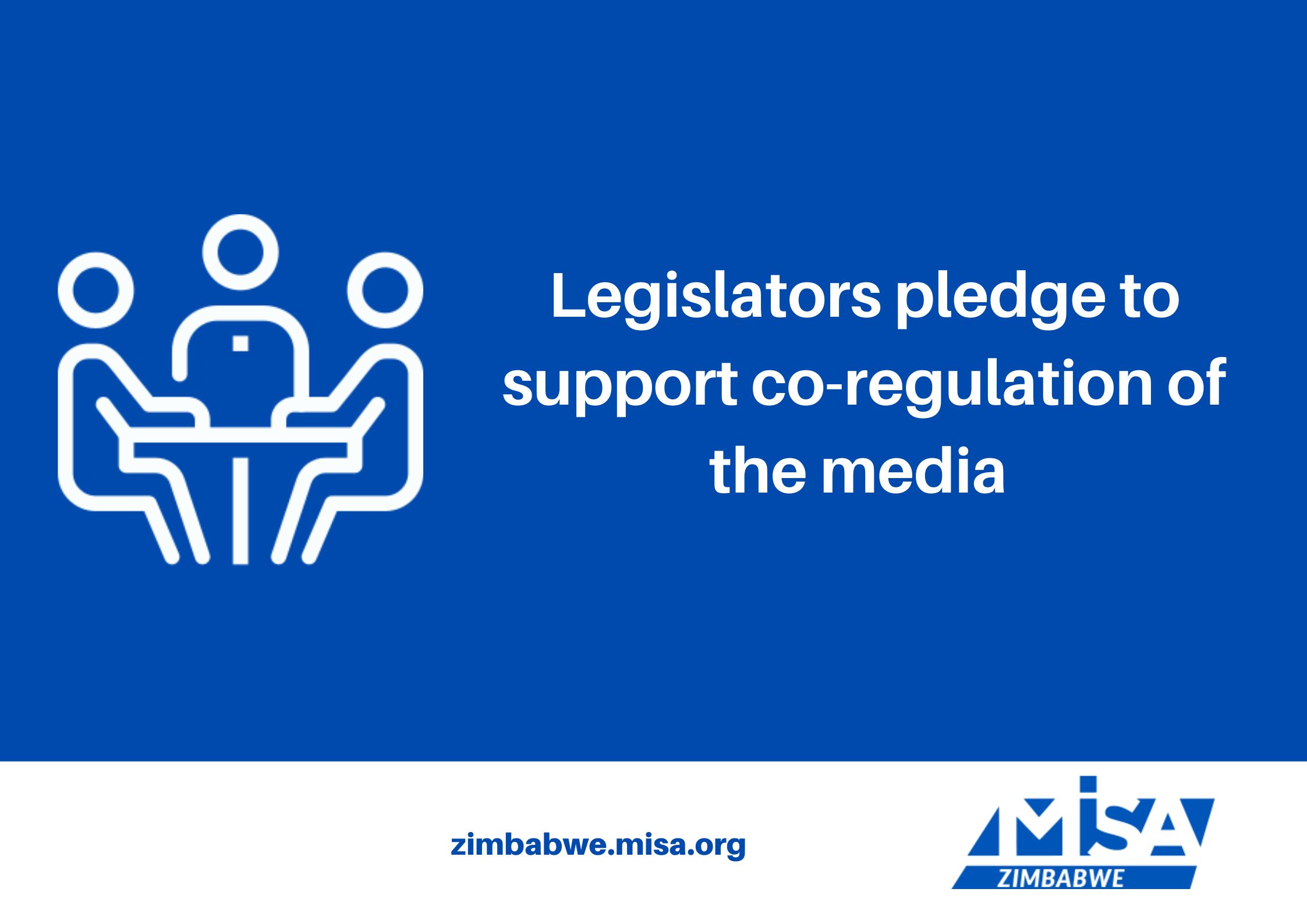Statement on International Day for Universal Access to Information
This year’s International Day for Universal Access to Information (IDUAI), commemorated annually on 28 September, comes at a pivotal moment in Zimbabwe following the enactment of the country’s Freedom of Information Act.
The new law, which repeals the discredited Access to Information and Protection of Privacy Act (AIPPA), seeks to give effect to the constitutional rights on freedom of expression, media freedom and the right to access to information held by entities in the interest of public accountability, which is critical for sustainable development.
In that regard, public institutions have an important role to play in facilitating citizens’ access to information which is critical in empowering them to make informed decisions and choices on issues that affect their daily lives.
Access to information, and unhindered free flow of information, is central to the exercise and enjoyment of other rights such as freedom of expression, media freedom, right to education and right to health, more so in the context of the COVID-19 pandemic.
Regrettably, Zimbabwe’s public institutions still lag behind when it comes to accessibility and responsiveness to information requests submitted by members of the public, let alone, pro-actively disclosing information without being probed.
This is what prompted MISA Zimbabwe to mount a court challenge, which culminated in the High Court ordering the government to widely disseminate information on the COVID-19 pandemic in all the 16 official languages.
According to MISA Zimbabwe’s Transparency Assessment survey for 2020, the culture and practice of acknowledging receipt of information requests, let alone providing the information sought, is still a challenge for some organisations.
For instance, targeted institutions do not always notify the requester when they receive an information request letter, but only acknowledge receipt upon physical follow-up visits to their offices.
MISA Zimbabwe encourages organisations to effectively use online platforms to disseminate information to the public.
On the other hand, the Freedom of Information Act should be continuously evaluated to ensure it gives effect to Sections 57, 61 and 62 of the Constitution that provide for freedom of expression, media freedom and citizens’ right to access to information and privacy.
And, as Zimbabwe forges ahead with its media law and policy reforms, it should be guided accordingly by regional and international instruments and best practices considering that access to information is a key component to open governance, transparency and accountability.
For instance, Malawi’s Access to Information Act, which comes into effect on 30 September this year, allows citizens the right to access information held by both public and private entities.
One of its other key highlights is that the Malawi Human Rights Commission will have oversight over the implementation of the law, a key difference with other countries such as Zimbabwe, where the Zimbabwe Media Commission, and not the Zimbabwe Human Rights Commission, has oversight over the country’s Freedom of Information Act.
While the repeal of AIPPA is a commendable step in Zimbabwe’s law reform initiatives, concrete steps should be taken to ensure other laws that impinge on the right to access to information, freedom of expression and media freedom, such as the Official Secrets Act, Interception of Communications Act, Censorship and Entertainment Controls Act, and sections of the Criminal Law (Codification and Reform) Act, among others, are aligned with the Constitution.
This includes other proposed laws such as the Zimbabwe Media Commission Bill, Cybersecurity and Data Protection Bill, and the still to be gazetted Broadcasting Services Amendment Bill and Protection of Personal Information Bill.
These laws should be founded and underpinned by the country’s Bill of Rights, regional and continental instruments such as the African Declaration on the Principles of Freedom of Expression and Access to Information, African Declaration on Internet Rights and Freedoms, African Model Law on Access to Information, and the African Charter on Broadcasting, among others.
Compliance with the principles of access to information will go a long way in promoting peaceful, inclusive societies for sustainable development, access to justice for all as well as building effective, accountable and inclusive institutions, as set out in terms of the United Nations’ Sustainable Development Goal (SDG) 16.
Golden Maunganidze
National Chairperson













